Oh, Girl!! Being dusky is not a crime but a statement

Ayushi is a Research Professional working in the field of science and public health. By education she is an anthropologist and completed her studies from Miranda House, University of Delhi. She is an ambivert in nature with a defined and skeptical view. She is free spirit and a feminist.
I never got deterred by the idea of having a dusky complexion, but I failed when I asked society’s approval to accept me the way I am.
Nowadays, racism is in the row, where we all are putting forth the point that black lives do matter. Well, every life matters in that sense. It’s not colour which should divide us, but we should envisage the idea of a society in which colour is more beautiful. In a country like India, where we have a plethora of options, we often select and choose one colour over others. Being nurtured in the same society and mind-set, my idea of beauty was always based on complexion until one day, I could relate that it is not skin colour, but the colour of your soul that makes you beautiful. Sadly, I always failed to incorporate this basic ideology during my childhood due to outer experiences and influence probably. I remember standing in front of the mirror and comparing my skin tone with my sister, who is a little fairer to me. I remember asking her is my skin colour similar to this or that person? She used to get pissed off with me for this continued question and pursuance.
I grew up with this concept, and later in college as well, my consciousness about my skin tone increased to the extent that I started filtering what I can wear and what I cannot.
I somehow started gaining certain confidence that my skin colour was merely a skin pigment. I started shedding off my black and white wardrobe and gathered the courage to fill up colours in my wardrobe. I grew up with the tag of being dusky. Yes, I am dusky, and I love my colour. I am proud of the skin tone I am in because it has been inherited from my dad. I am brown like a bar of chocolate that you love; I am dark and black, which symbolizes the colour of luxury and elegance, which we often fail to afford as well.
And then again, my confidence took a sudden hit, shattering my wisdom. In everyone’s life, there comes an age when your parents start asking you, your plans about marriage. If by chance, you could not find your Mr. Right by yourself, then your parents arrange these possible setups for you. The concept of ‘arranged marriage‘ is way too shallow because the idea of finding your partner is dependent upon someone’s outer appearance. From height to the complexion, you are being judged for everything. So when you go through this phase of life, your parents create your profile over matrimonial sites. The funniest part of these matrimonial sites is that they give you the experience of Tinder with the involvement of your parents. Indian business of arranged marriage is majorly run by platforms like Jeewansathi and Shaadi.com.
I am not trying to sabotage all these websites, but their preference towards putting your complexion on the forefront is what I am against. Additionally, they put filters where you can also give your preference for a particular skin colour. As if you are in a fish market where you can choose just by looking at the appearance. How does one’s skin tone decide whether they are compatible with someone or not? If you are a boy, it seems a little simpler because you will be judged based on your accomplishments, and if you are a girl, your mere appearance.
In India, the idea of the beauty of a girl revolves around being fair in complexion, as if being dusky is a crime. You are being endorsed if you are of fair complexion. Well, not all mentality revolves around this idea of beauty, yet the majority of the population prefers one complexion over another. If you are at two extremes that are either dark or fair, it becomes easier to define yourself. However, the idea becomes so complex and confusing if your skin tone lies between fair and dark that is wheatish. There are so many shades, and being wheatish in complexion jeopardizes the situation. Furthermore, once you enter this bubble, you are bombarded with questions like, “So the pictures that you have added to present yourself looks fair, are those pictures edited?”
Well, why would I like to present myself as fair when I am confident in my own skin tone? Another dilemma that faces us today is that there is technology available to make you look fair, but is there any technology that can make you look dark? Cameras are installed with skin whitening apps like beauty plus and many more features, but do we ever question why such features are developed in the first place? These apps support our basic idea of the superiority of one complexion over others. It is something that is deep-rooted in our system to the extent that half of the businesses will stop if the idea of being fair is removed from society. Why do we have to make ourselves look fair when every colour is equally beautiful? Why are these cameras ruining this concept of complexion complexity even more? And in between this chaos, I have to explain to others and deep down to myself that I am way beyond the concept of beauty prescribed by the Indian society. To add to the already complex scenario, there are beauty brands that portray fair as beautiful and dark as not. They endorse their beauty products with taglines that suggest that their products would make you look fair in just one month. Why would anyone want to do that? Because society is not accepting them in their natural tone. I don’t know when these beauty products will start portraying dark skin models. Well, that is far beyond my expectations and reach of society. The men have also joined the race with an equal number of fairness products. There is so much pressure but so little public debate around it.
Look anywhere and everywhere,
There are blatant and subtle reinforcements that only fair is lovely!!
It has now become almost a necessity to revolt against this stigma that white/fair is beautiful. Even if you have to talk about physical appearance, it is physical traits and not colour which would define beauty. Though all these are just adjectives and real beauty lies in the eye of the beholder, which comes when you understand the inner soul of a person and not the outer body. But how many dark skin models have you seen in India? I believe just a few, and somehow if dark skin or dusky models get a chance to make names for themselves in the modelling industry, they also go for skin whitening treatments. When our role models of big screens take such steps, they further encourage this shallow concept. This notion is more apt in the context of women and not men. Well, the idea is men are smart if they are tall, dark. But with girls suddenly being fair becomes the beauty. I sometimes wonder that somewhere at least we could have treated women equally.
So many rejections for being dark and dusky
I wonder if we are from the same land where we worship Goddess Kali!!
I decided to write this article when I got this news that finally, famous matrimonial sites like Shaadi.com decided to revoke the feature of displaying your complexion. What a huge step which came out of pressure though, yet kudos to it. I am glad that at least now, girls or boys will no longer be judged based on their complexion.
O womaniya!! You are beautiful in any colour of your skin. Societal acceptance is mere approval. And why do we even have to seek this acceptance? Let them accept or reject. What is more important is your own acceptance in any colour of life. Their version of beauty will change the moment you start rejecting this concept of shallow beauty.
Being dusky was out of choice, but yeah loving it can definitely be a statement!!
Featured Image Credits: Flickr


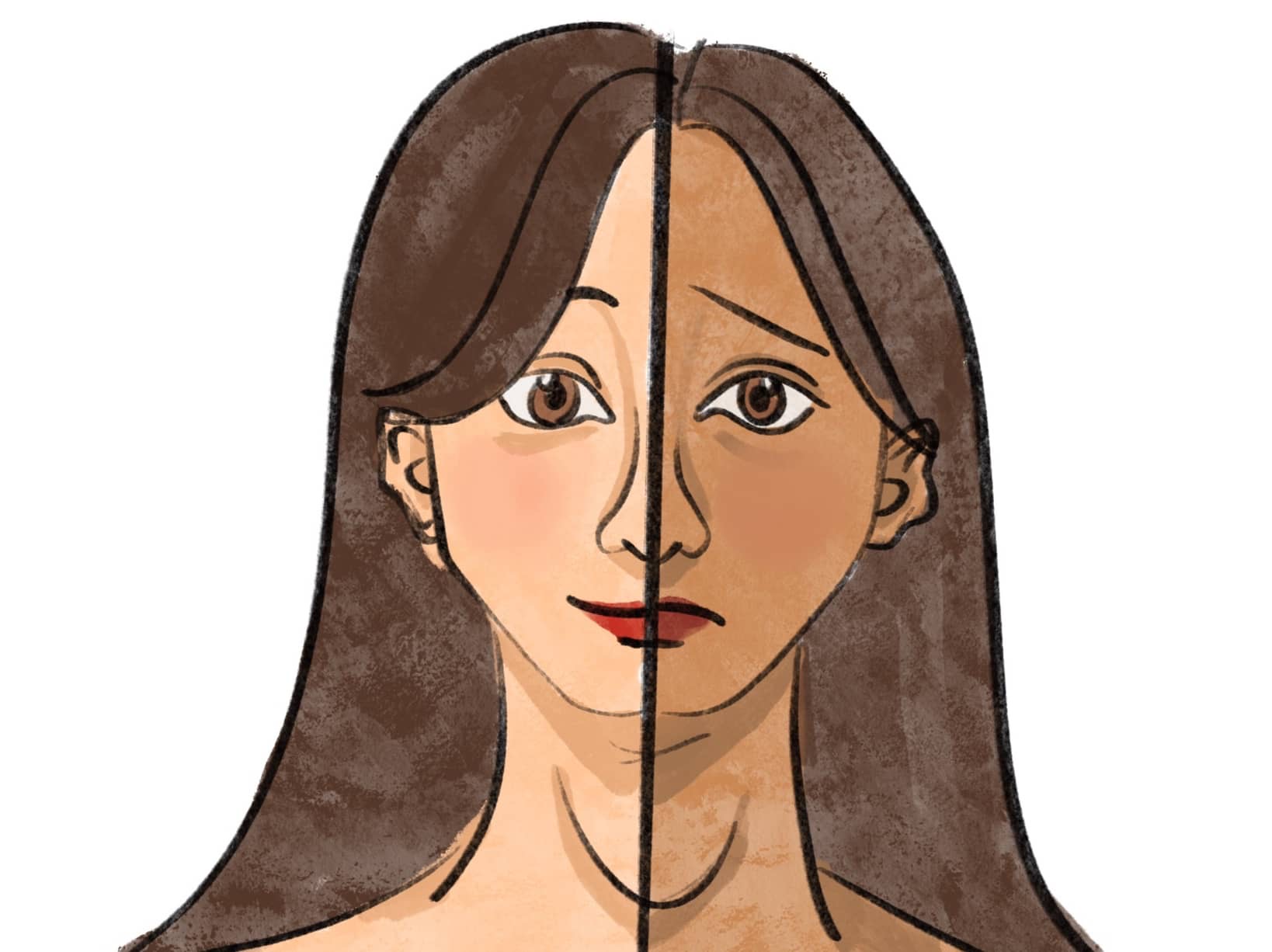
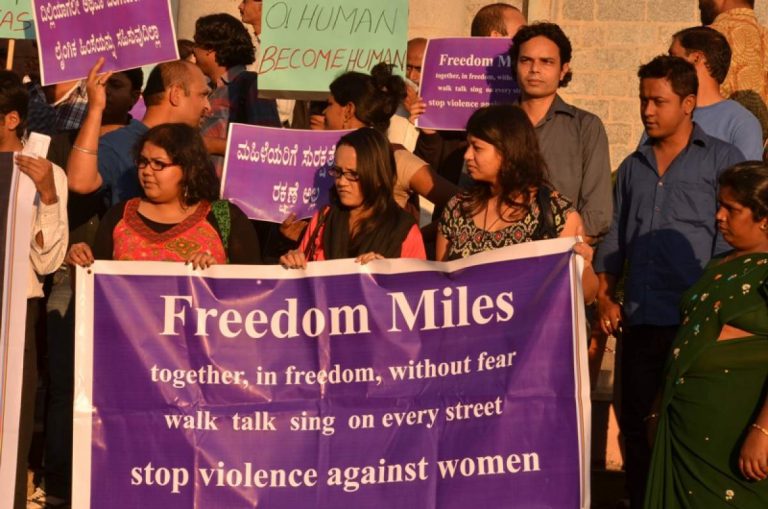
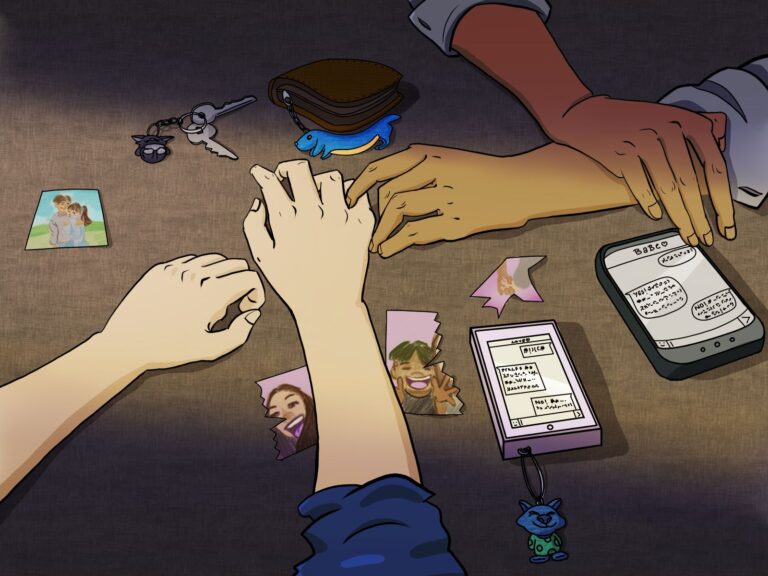

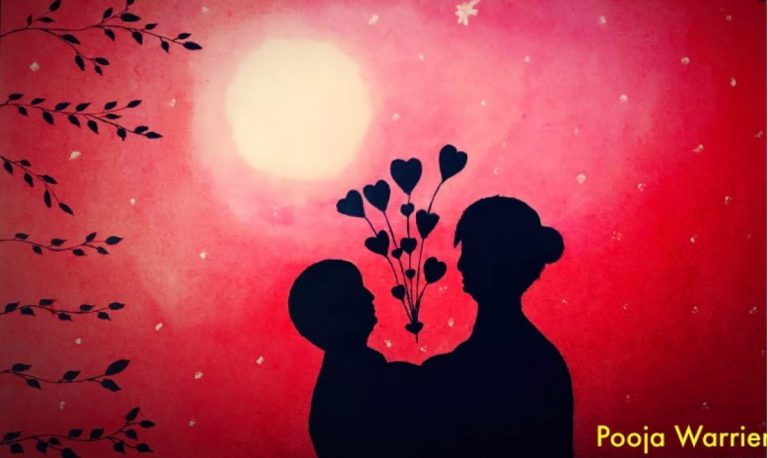
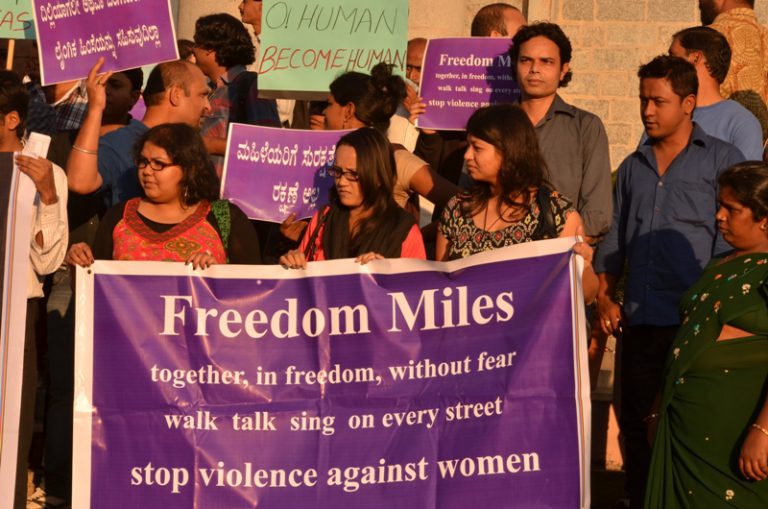

Very well articulated… You speak the heart of many women!!
I found this article of yours fascinating. On one hand, it made me very sad to hear that there has been so much focus on lightness of skin in India, being judged for that, and to hear of products designed to create that. At the same time, I thought of how whites in America buy products to darken their skin, to give the illusion of being very tan without being in the sun! The focus either way is crazy, as I think seeing a wide variety of skin tones is lovely. I’m currently writing about my American grandparents’ experiences living in British Raj India in the 1920s. You’ve given me something new to study, as I wonder if foreigners living there during the Raj era helped negatively promote whiteness as coveted. Or was it before that in India, that being light was something considered to be prized? Well there is a curse in being very white naturally–an endless fight with skin cancer from sun exposure. I’d give anything right now to have a richer, darker complexion for that reason. But all of us should be comfortable in our own skin, no matter what shade, and there is beauty in all shades. Thanks for enlightening me about this topic.